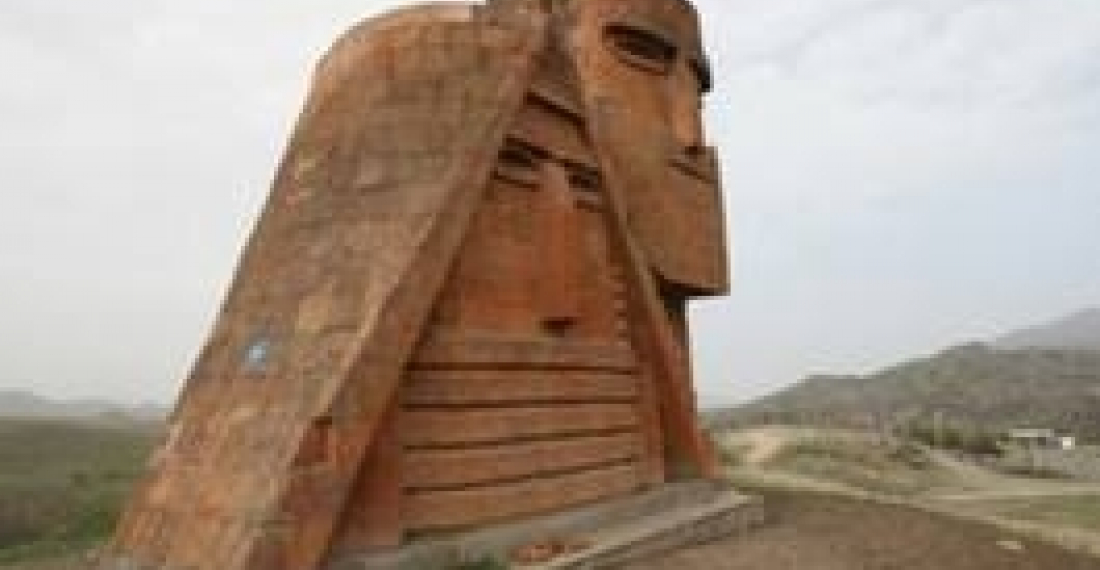Общественный совет по внешней политике и безопасности Нагорного Карабаха и Нагорно-Карабахский комитет "Хельсинкская инициатива-92" организовали дискуссии на тему "Демократия и миротворчество в контексте нагорно-карабахского конфликта".
Как сообщает собкор АрмИнфо в Степанакерте, в частности, была обсуждена тема: "Карабахское движение - результат демократических преобразований в СССР и начало пути демократического решения карабахской проблемы". Было отмечено стремление карабахского народа решить проблему исключительно мирными средствами. "Процесс мирного решения сопровождался попытками азербайджанской стороны решить проблему силовым путем. Одновременно на фоне войны и переговоров по политическому урегулированию конфликта в Нагорном Карабахе происходило формирование гражданского общества. Инициативы гражданского сектора подтолкнули власти на определенные шаги, в частности, по решению гуманитарных вопросов: военнопленных, заложников, без вести пропавших и т.д", - отметил координатор НК комитета "Хельсинкская инициатива-92" Карен Оганджанян. По его мнению, в период войны миротворческий процесс был более демократичным.
Активный участник карабахского движения, первый командующий Силами самообороны НКР Аркадий Карапетян в свою очередь заметил, что в первые годы освободительного движения, в 1988-1991 г.г., в Нагорном Карабахе была "лучшая в мире демократия", отметив при этом, что демократия нужна властям в не меньшей степени, чем народу. Говоря о проведении референдума о независимости НКР в декабре 1991 года, участники дискуссий отметили, что были соблюдены демократические процедуры, в частности, на голосование были приглашены и азербайджанцы, проживавшие в Нагорном Карабахе, которые, однако, не воспользовались своим правом участия в решении дальнейшей судьбы края. Особой темой обсуждений стала послевоенная реабилитация и строительство демократических институтов в НКР. Участники дискуссий остановились как на достижениях, так и проблемах и недостатках. Была отмечена безальтернативность демократического развития НКР.







